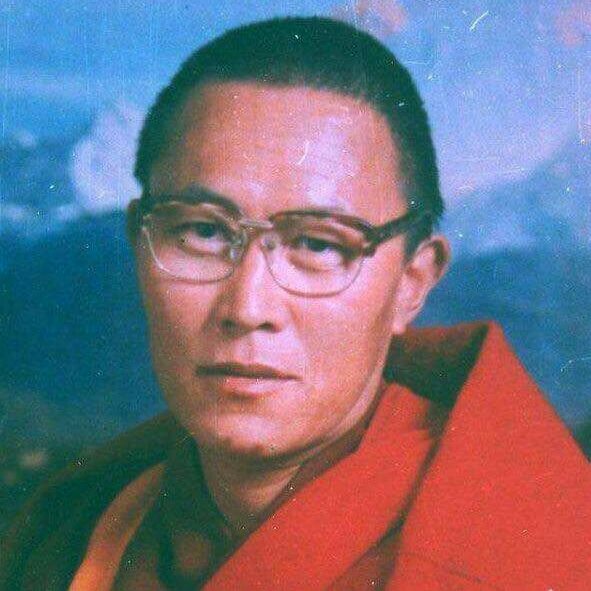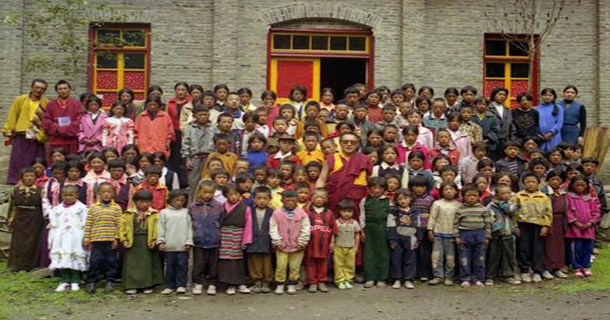Tenzin Delek Rinpoche died in prison on July 12 without seeing his family. He was suffering from poor health, with a heart condition and high blood pressure among other medical issues. A well-respected and reveredTibetan religious leader, Rinpoche had been a prisoner in China for over 13 years, serving a life sentence for a crime that he did not commit.
Rinpoche was born in Lithang (Eastern Tibet) in 1950. He joined Lithang monastery at the age of seven. In the 1980s, he travelled to Dharmshala to study there under His Holiness the Dalai Lama and it was here that the Dalai Lama recognised him as a tulku or reincarnated lama.
On returning to China in 1987, Rinpoche worked to establish monasteries, health clinics, schools and orphanages for Tibetan nomads in the area. He became an advocate for environmental conservation. He was viewed as a leader of the Tibetan community. However, his activities brought him to the attention of local officials and he increasingly became the target of harassment and intimidation.
In April 2002, he was arrested along with his distant relative Lobsang Dhondup, a former monk. The two were accused of being involved in a bombing in Chengdu, the capital of Sichuan province, which injured three civilians, and were sentenced to death on charges of terror and incitement to separatism. The subsequent international outcry led to a promise of a retrial. During this period Rinpoche said, “I am completely innocent…I have always said we should not raise our hand at others…I have no intention to hurt others.”
Lobsang Dhondhup was executed on January 26, 2003. The Court suspended Rinpoche’s death sentence and two years later it was commuted to life imprisonment.During his 13 years in prison he was allowed only six visits from his family.
In 2009, a group of his relatives and friends travelled to Beijing to request a review of the case and over 40,000 Tibetans in his home area signed a petition asking for a retrial. They staged peaceful demonstrations and held hunger strikes for their leader. Up to 90 demonstrating Tibetans were arrested and detained and some may still be in detention.At the time of Rinpoche’s death, alone in a prison cell in China, the campaign for his release had been taken up internationally by the exile Tibetan community, and Western governments were requesting China to release him on medical parole.






 Print
Print Email
Email